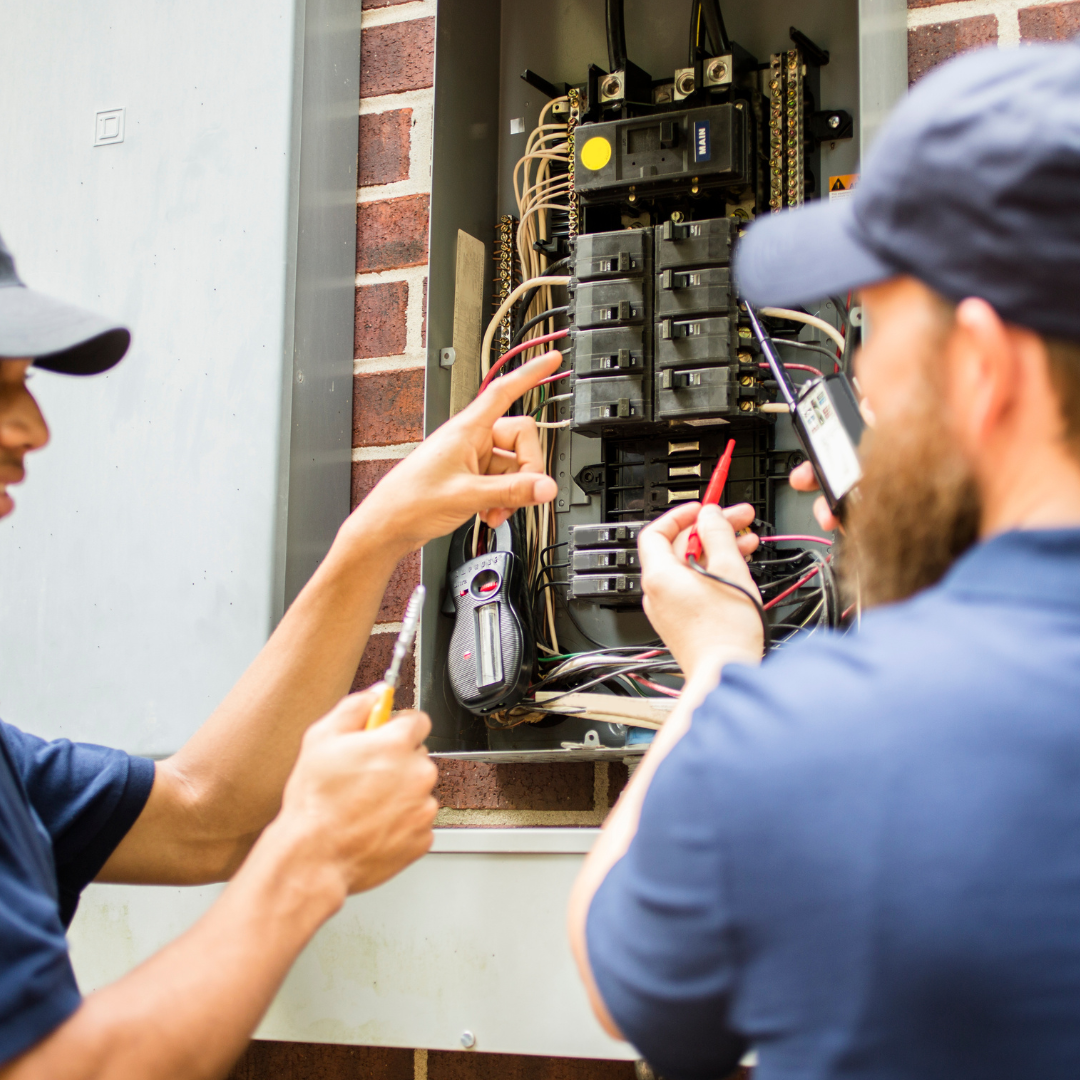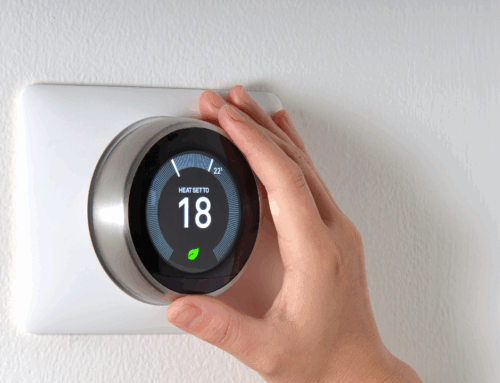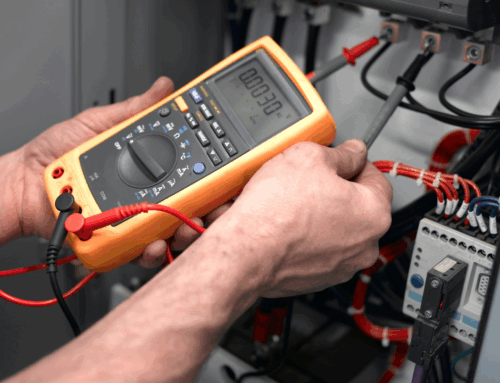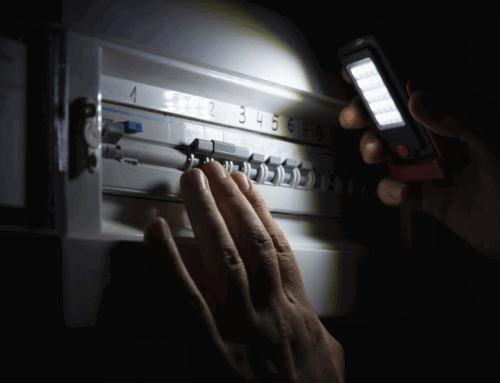In today’s rapidly evolving technological landscape, integrating smart technology into commercial electrical systems offers numerous advantages. Businesses are increasingly recognising the potential of smart technology to enhance efficiency, reduce costs, and improve safety. Here, we delve into the key benefits of incorporating smart technology into commercial electrical systems.
1. Enhanced Energy Efficiency
One of the primary benefits of smart technology in commercial electrical systems is improved energy efficiency. Smart sensors and devices can monitor and optimise energy usage in real-time. For instance, smart lighting systems can adjust brightness based on natural light availability and occupancy, significantly reducing energy consumption. This not only lowers utility bills but also contributes to environmental sustainability.
2. Predictive Maintenance
Smart technology enables predictive maintenance by continuously monitoring the performance of electrical systems. Advanced sensors and analytics can detect potential issues before they escalate into major problems. This proactive approach minimises downtime and prevents costly repairs, ensuring the smooth operation of commercial electrical systems. By identifying and addressing issues early, businesses can avoid unexpected disruptions and maintain productivity.
3. Improved Safety
Safety is a critical concern in any commercial setting. Smart technology enhances the safety of commercial electrical systems by providing real-time monitoring and alerts. For example, smart circuit breakers can detect overloads and automatically shut off power to prevent electrical fires. Additionally, smart technology can monitor air quality and detect hazardous conditions, ensuring a safer environment for employees and customers.
4. Remote Monitoring and Control
The ability to monitor and control commercial electrical systems remotely is another significant advantage of smart technology. Business owners and facility managers can access real-time data and manage electrical systems from anywhere using mobile devices or computers. This remote capability allows for quick responses to any issues and provides flexibility in managing operations, especially for businesses with multiple locations.
5. Integration with Building Management Systems
Smart commercial electrical systems can seamlessly integrate with other building management systems, such as HVAC, security, and lighting. This integration enables a holistic approach to managing building operations, resulting in increased efficiency and streamlined processes. For instance, an integrated system can adjust heating and cooling based on occupancy patterns detected by smart lighting sensors, optimising overall energy use.
6. Enhanced Data Analytics
Smart technology generates vast amounts of data that can be analysed to gain valuable insights into energy usage, system performance, and operational efficiency. Businesses can leverage this data to make informed decisions, identify areas for improvement, and implement strategies for cost reduction. Enhanced data analytics also facilitates better planning and resource allocation, driving long-term business success.
7. Scalability and Flexibility
Smart commercial electrical systems offer scalability and flexibility to meet the evolving needs of businesses. As companies grow or their requirements change, smart technology can be easily adapted and expanded. This adaptability ensures that businesses can continue to benefit from advanced electrical systems without the need for significant overhauls or investments.
8. Environmental Sustainability
Incorporating smart technology in commercial electrical systems supports environmental sustainability efforts. By optimising energy usage and reducing waste, businesses can lower their carbon footprint and contribute to global sustainability goals. Smart technology also enables the integration of renewable energy sources, such as solar panels, further enhancing environmental benefits.
9. Cost Savings
Ultimately, the combination of energy efficiency, predictive maintenance, and optimised operations results in substantial cost savings for businesses. Reduced energy consumption, fewer unexpected repairs, and lower maintenance costs all contribute to a healthier bottom line. Investing in smart technology for commercial electrical systems is not only a strategic decision but also a financially sound one.
10. Future-Proofing
As technology continues to advance, businesses that adopt smart commercial electrical systems position themselves for future success. These systems are designed to accommodate new innovations and technologies, ensuring that businesses remain competitive and up-to-date with industry standards.
In conclusion, the benefits of smart technology in commercial electrical systems are manifold. From enhanced energy efficiency and safety to cost savings and environmental sustainability, smart technology offers a comprehensive solution for modern businesses. Get in touch with us if you need reliable and professional commercial electrical services, whether it’s for installations, maintenance, or emergency repairs.







Leave A Comment